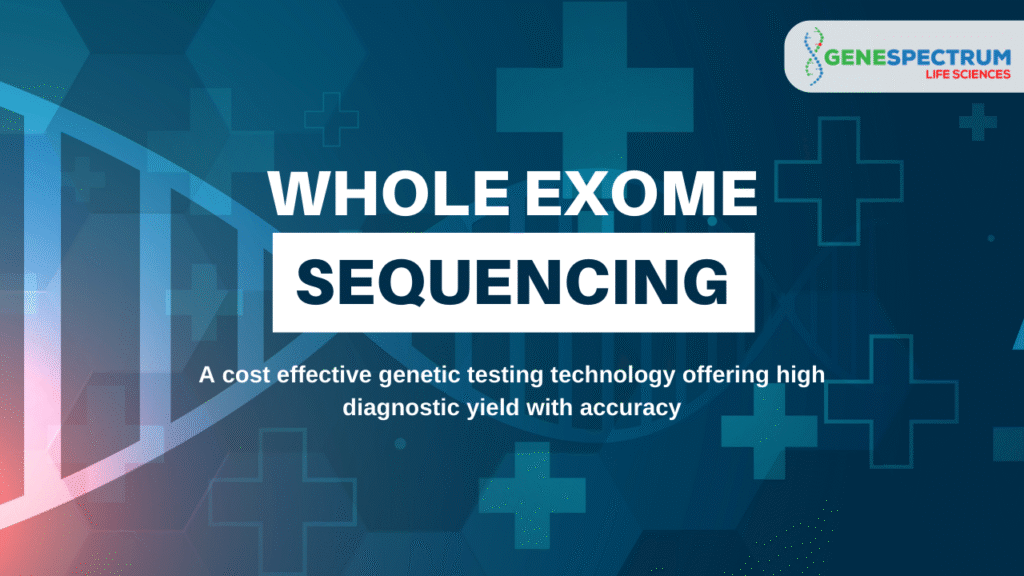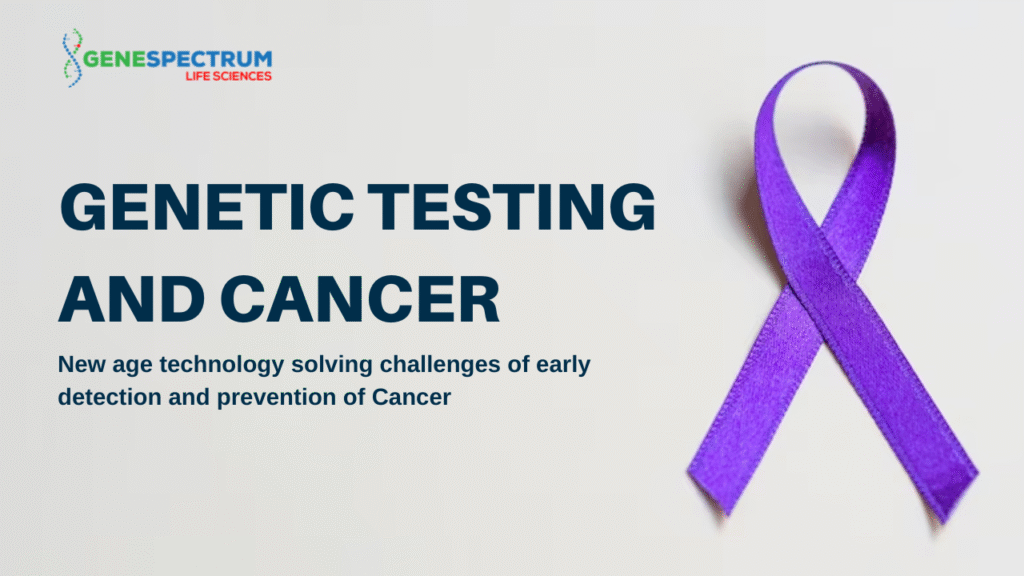
Whole exome sequencing (WES) is a powerful genetic testing technique that is increasingly being used in clinical practice. This method allows for the identification of genetic mutations in the exome, which is the portion of the genome that codes for proteins. WES can be used to diagnose rare genetic disorders and inherited cancers, identify inherited genetic risks, and guide personalized treatment decisions.
One of the main advantages of WES is its ability to identify genetic mutations that may not be detected by other testing methods. This is particularly useful for patients with rare genetic disorders, as WES can be used to identify mutations in genes that are not typically tested for in standard genetic testing. In addition, WES can also be used to identify inherited genetic risks, such as mutations in genes that are associated with an increased risk of certain diseases.
WES is also being used to guide personalized treatment decisions. For example, WES can be used to identify genetic mutations that are associated with resistance to certain drugs. This information can be used to guide treatment decisions and improve patient outcomes. Additionally, WES can be used to identify genetic mutations that may predict a patient’s response to a specific treatment.
In addition, WES can help identify novel genetic variations that drive the growth and progression of cancer. By identifying these genetic variations, researchers can develop new targeted therapies to treat cancer and improve patient outcomes.
WES is an important tool in clinical practice that can help physicians and genetic counsellors make more informed decisions about the care of their patients. By identifying genetic variations that are associated with a wide range of inherited disorders, WES can help improve the diagnosis and treatment of genetic conditions, leading to better outcomes for patients.
References
- Lek, M., Karczewski, K.J., Minikel, E.V., Samocha, K.E., Banks, E., Fennell, T., O’Donnell-Luria, A.H., Ware, J.S., Hill, A.J., Cummings, B.B., et al. (2016). Analysis of protein-coding genetic variation in 60,706 humans. Nature, 536(7616), 285-291.
- Veltman, J.A., & Brunner, H.G. (2012). De novo mutations in human genetic disease. Nature Reviews Genetics, 13(3), 565-575.
- Srinivasan, L., & Krainer, A.R. (2015). The promise and challenge of exome sequencing for the diagnosis of genetic disease. The Journal of Clinical Investigation, 125(4), 1240-1248.
- Zwick, M.E., & Eichler, E.E. (2012). Challenges and opportunities in exome sequencing. Nature Reviews Genetics, 13(2), 133-141.

